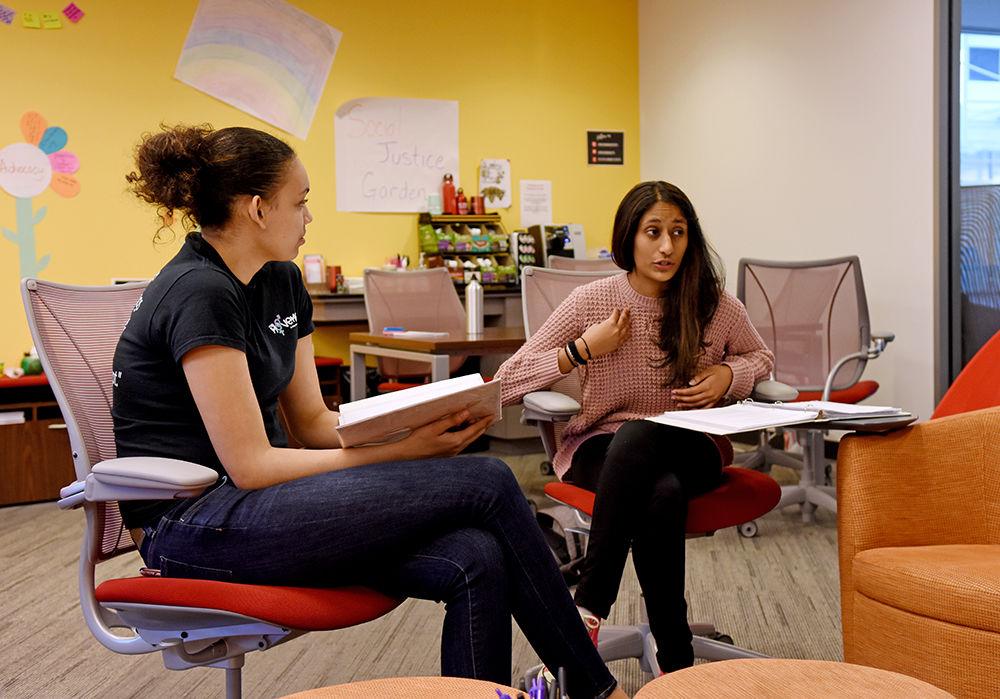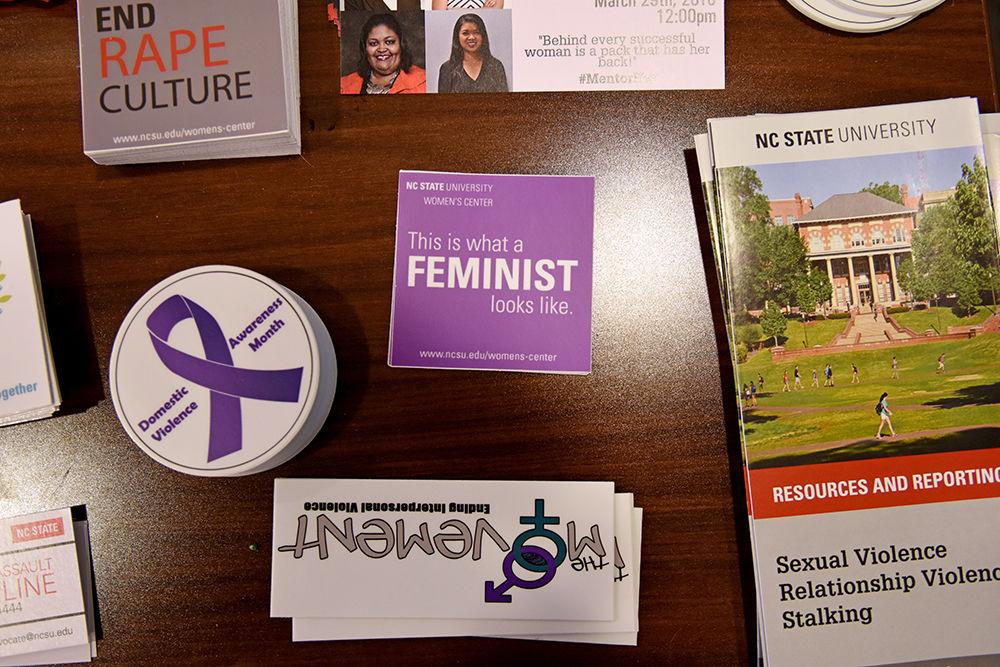Currently, Women’s Herstory Month, sponsored by the Women’s Center as well as the rest of the Office for Institutional Equity and Diversity, is celebrating women through many events that are part of a larger theme, “Unapologetically Women: Forging and Healing our Collective Memories.”
“We are trying to showcase different voices and different stories and different positions within women’s history,” said Maria Tudela, a graduate assistant who works at the Women’s Center. “That includes a lot of different intersections of identities and how they intersect with policies and structures and institutions and how we can forge and heal our memories.”
The Women’s Center is conducting these programs to honor Women’s History Month, which was officially recognized for the first time in 1987 when Congress designated that March as Women’s History Month. Between 1988 and 1994, Congress passed resolutions requesting and authorizing the president to proclaim March of each year as Women’s History Month. Since then, Presidents Bill Clinton, George W. Bush, Barack Obama and Donald Trump have declared March as Women’s History Month.
The Women’s Center, as well as the GLBT Center have designed events such as “Lunch and Learn: Feminism 101” and “Decolonizing the Native Body: Representations of Native Women in Film and Media” to provide students with a space to discuss topics such as the implications of identifying as female in the current political climate.
The events cater to women of various backgrounds to promote education of the struggles women from specific communities have to endure. They also give women a platform to share how their personal experiences relate to the topics being discussed.
One of the events that occurred this past Thursday was a workshop titled “Decolonizing Feminism: Examining Native Feminist Theory.” The workshop discussed the meaning of ‘western feminism’ and how feminism can often be seen through a lens that does not include the experiences of indigenous communities.
Tudela views Women’s History Month as a form of resistance because many of the programs are highlighting individuals that are not usually represented on a daily basis, as well as topics that are not discussed on a large platform.
“The month in itself is an act of resistance and showcasing the different sense women, in an inclusive sense have done not only here at NC State but on a more larger scale,” Tudela said.
Magdelena Stawkowski, a professor of sociology and anthropology, discussed that even though Women’s Herstory Month celebrates women from many diverse communities, a large portion to celebrate, especially on NC State’s campus, is women in STEM.
“It is especially important to celebrate this on NC State’s campus because this is a STEM focused university,” Stawkowski said. “I think celebrating the fact that so many women are in STEM and understand the accomplishments that women have made is important. It is important because it allows us to challenge the frequent stereotypes that emerge as far as certain ideas about women in STEM fields.”
Stawkowski emphasized the importance of open discussion throughout campus during Women’s History month.
“It is essential that we talk about gender and sex, and should throughout the year, but I do think actually having a specific month dedicated to women is important,” Stawkowski said. “It is important to have these conversations about issues of access, issues of equality [and] issues of representation of women in science for example.”
There are still a variety of events to occur before the end of March including “Healthy Relationships 101” and “Gender & Equity Research Symposium.” A full list of events the Women’s center is hosting can be found on their webpage.
Stickers and pamphlets sit on a table in the Women's Center on Wednesday, March 14. The Women's Center and the Office for Institutional Equity and Diversity (OIED) are hosting events for Women's Herstory Month until April 2. According to OIED, the events examine "the ways that women have impacted our past and present and how history has shaped women’s issues of today."









